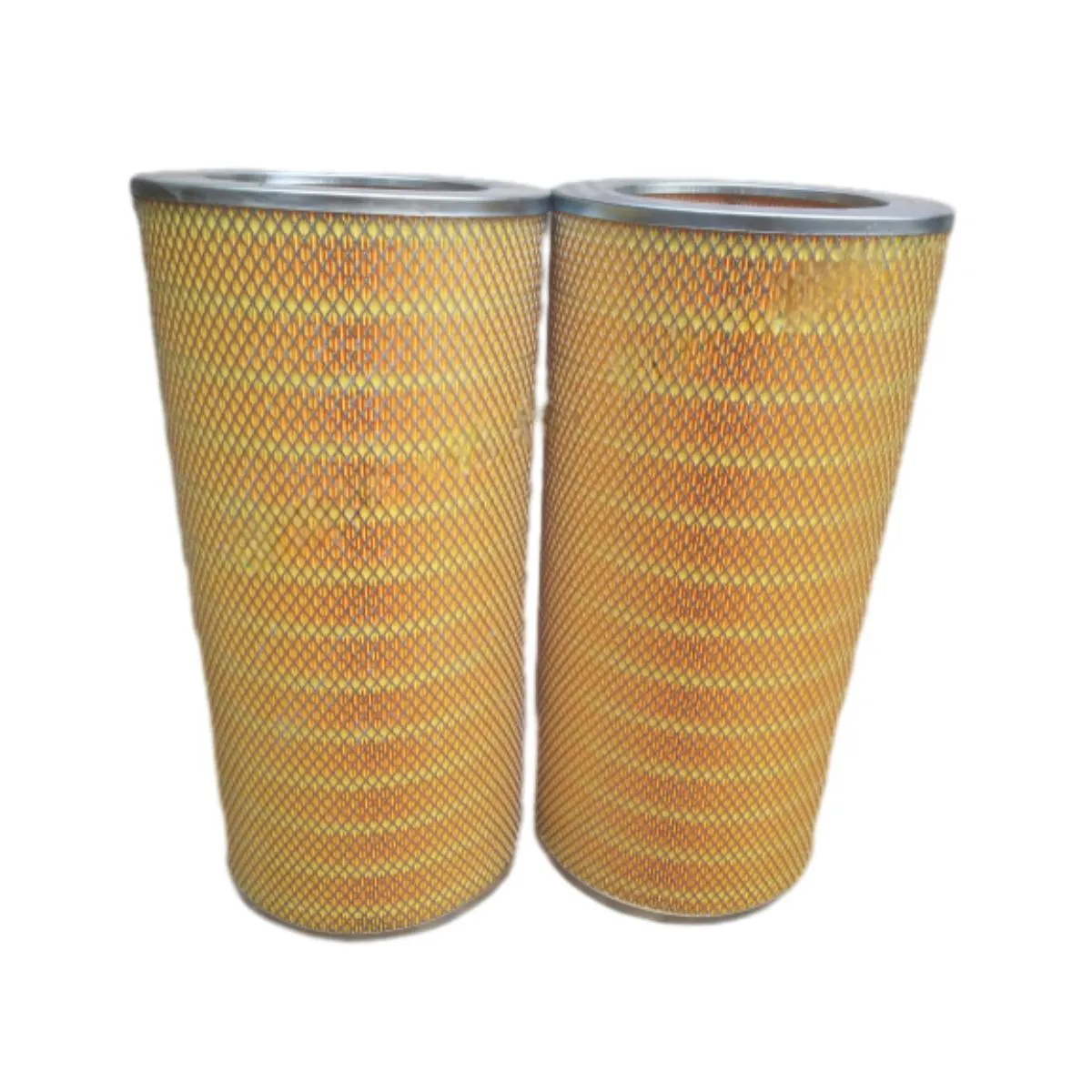 Tel:
+8615930870079
Tel:
+8615930870079
Sep . 14, 2024 00:38 Back to list
Turbine Air Intake Filters | Enhance Performance & Efficiency
Importance of Turbine Air Intake Filters
Turbine air intake filters play a critical role in the operation and longevity of gas turbines. In today’s industrial landscape, gas turbines are widely used for power generation, propulsion in aircraft, and numerous other applications. To ensure optimal performance, it is essential to maintain the quality of the air entering the turbine. This is where air intake filters come into play.
The primary function of turbine air intake filters is to remove particulate matter from the air before it enters the turbine
. These particles can include dust, dirt, pollen, and other contaminants, which could potentially damage sensitive components within the turbine. By utilizing air intake filters, operators can prevent abrasion and erosion of critical engine parts, leading to improved efficiency and reliability.Air intake filters are typically made from various materials designed to capture a wide range of particle sizes. The effectiveness of a filter is often measured using a metric known as the Particle Size Distribution (PSD). High-quality filters effectively trap small particles, which might not only cause immediate operational issues but could also lead to long-term deterioration of the turbine's performance.
turbine air intake filters

Moreover, the design and configuration of intake filters can significantly impact airflow rates. It is essential to strike a balance between filtration efficiency and airflow resistance. An overly restrictive filter may impede the air supply to the turbine, reducing its overall efficiency. Consequently, regular monitoring and maintenance of air intake filters are vital. Operators should routinely check for signs of clogging or wear, and replace filters when necessary to ensure that the turbine operates at its peak performance.
Additionally, the environmental conditions in which a gas turbine operates significantly influence the type of filter required. For instance, turbines situated in arid or industrial regions may require more robust filtering solutions compared to those in cleaner environments. Customizing air intake filters to suit specific operational environments can lead to enhanced performance and reduced maintenance costs.
Lastly, emerging technologies in filter design, such as the use of nanofibers or advanced materials, are continually improving the efficiency and lifespan of turbine air intake filters. These innovations provide an opportunity for operators to further enhance turbine performance and reduce operational downtime.
In conclusion, turbine air intake filters are an indispensable component of gas turbine systems. By efficiently filtering out harmful particles, these filters protect the turbine from damage, enhance operational efficiency, and contribute to the overall longevity of the equipment. Investing in high-quality filters and maintaining them properly is essential for any organization that relies on gas turbines for its operations.
-
Types and Applications of Air Filtration CartridgesNewsJul.28,2025
-
The Role of Gas Turbine FiltersNewsJul.28,2025
-
Mastering Air Filter Cartridge UseNewsJul.28,2025
-
Advanced Turbine Filters for Modern Gas TurbinesNewsJul.28,2025
-
Cellulose Air Filter Cartridge Advantages in Dust FiltrationNewsJul.28,2025
-
Cellulose Filters for Air Particle ReductionNewsJul.28,2025

 Email:
Email:





